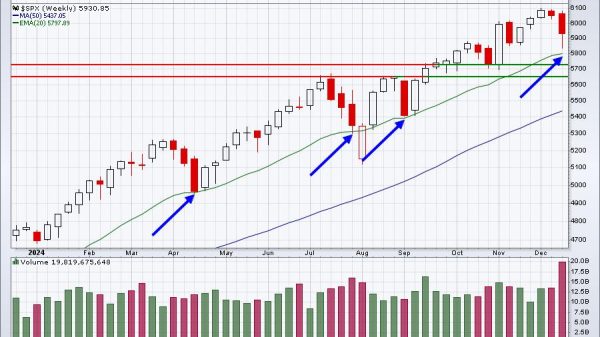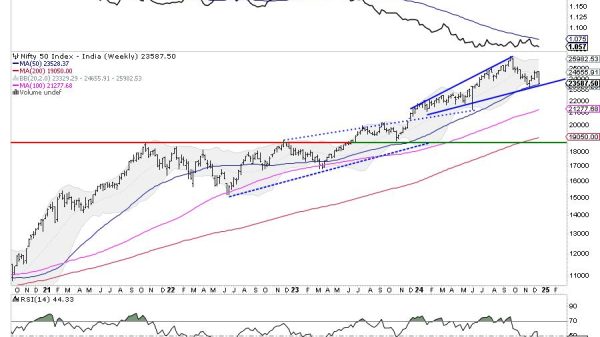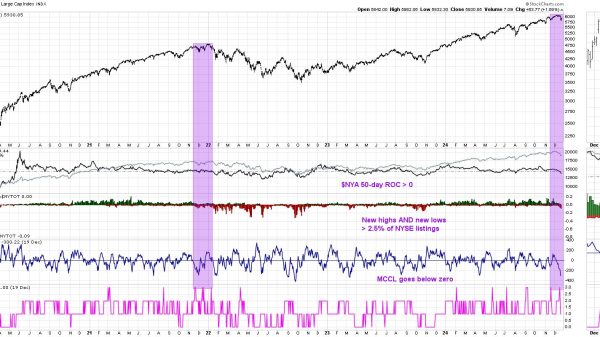A surge in mental health-related absences among Britain’s youngest workers has underscored the urgent need for employers to rethink their approach to employee wellbeing.
Fresh research from Unmind, a leading workplace mental health solutions provider, reveals that 30% of British Generation Z workers—equating to roughly 1.7 million young people—have been signed off work this year for mental health reasons.
This new data arrives as the Government urges young people to enter the workforce earlier, highlighting a stark disconnect between policy ambitions and the realities facing many of the nation’s newest recruits. The Office for National Statistics reports that the economic inactivity rate among those aged 16-24 has ticked up from 39% in 2019 to 41.2% in 2024. Against this backdrop, employers face mounting pressure to safeguard workers’ mental health to prevent productivity losses and ongoing absences.
It’s not just younger staff who are feeling the strain. Overall, 16% of the UK’s working population—some 5.3 million people—have taken time off for mental health this year. Four out of five of these individuals believe their workplace played a role in their deteriorating wellbeing. Many cited insufficient support upon returning, with nearly one in five feeling penalised for their absence and another fifth saying their requests for reasonable adjustments were ignored.
This gap between needs and provisions is reflected in employees’ reluctance to open up. Almost one in five workers would feel uncomfortable asking for mental health-related leave, a figure that rises to 26% among women and 27% among over-55s. Where support exists, such as Employee Assistance Programmes (EAPs), awareness is low. Only 41% of respondents knew that their company had an EAP available. Among those who did, however, Generation Z was the most proactive in accessing help, with nearly two-thirds taking advantage of the support on offer.
Beyond EAPs, employees want more flexible, innovative approaches to mental health support. Over a third say flexible working arrangements are their top priority, echoing separate research indicating that greater flexibility can significantly improve overall wellbeing and even boost productivity by up to 4%. Emerging technologies are also part of the solution, as nearly half of workers under 35 say they would trust AI-driven mental health advice.
Commenting on the findings, Dr Nick Taylor, chief executive and co-founder of Unmind, said: “The research clearly highlights the need for employers to step up and help their staff thrive—especially younger employees, who are disproportionately affected by mental health absences. Organisations must move beyond traditional approaches and embrace flexibility, innovation, and open dialogue to foster positive workplace cultures.
“It’s time for employers to adopt a holistic approach that nurtures mental health. We at Unmind are committed to driving this transformation, working towards a future where wellbeing is universally understood, supported, and celebrated.”
Read more:
Young workers twice as likely to take mental health leave as new UK research reveals scale of crisis





























